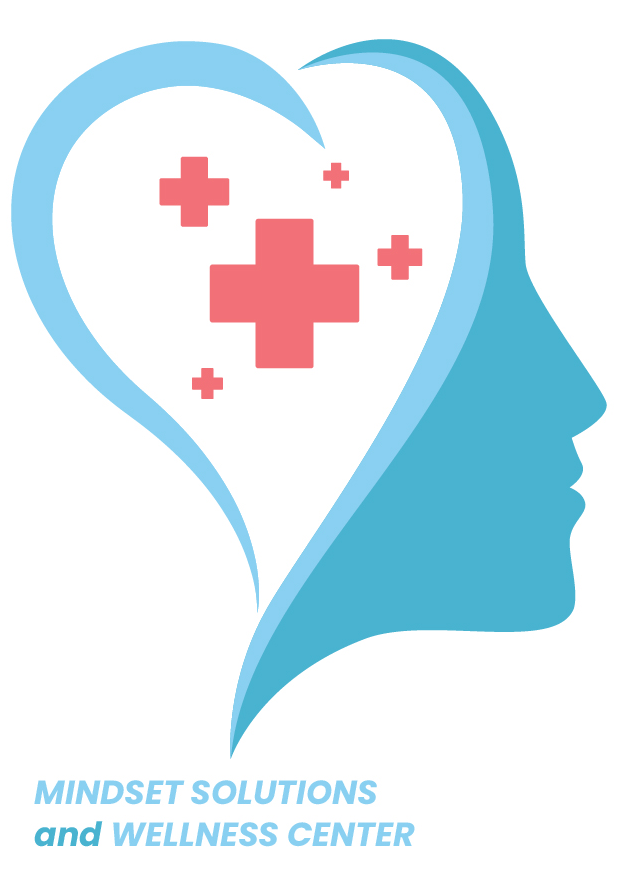The Faces of Depression: Various Forms and Symptoms

The Faces of Depression: Various Forms and Symptoms
Depression is a condition that affects millions of people across the world. However, it remains a condition that is misunderstood by so many. Depression has so many different faces which includes tears, sadness, and expressions of being overwhelmed. This blog is meant to discuss the various forms and symptoms of depression and overall examine what depression looks like. This blog is meant to bring some clarity and understanding to what it means to be depressed to those struggling with depression.
The Different Types of Depression and What It Is
Depression is a mood disorder that can manifest in different ways. It affects people differently and symptoms can range from mild to severe. Depression can be categorized into several types based on the specific symptoms and how long they last. Major depressive disorder is the most common form of depression and includes symptoms of persistent sadness, fatigue, trouble concentrating, trouble falling or staying asleep or loss of interest or pleasure in doing things you once enjoyed doing. Persistent depressive disorder, also known as dysthymia, refers to a long-lasting low mood that may not be as severe as major depression but can still significantly impact a person’s daily functioning. Others include bipolar disorder, seasonal affective disorder, treatment-resistant depression, and situational depression. Understanding the various types of depression and discussing with your provider which type is causing you distress is the key to finding relief and healing.
Major Depressive Disorder (MDD)
Major Depressive Disorder, also known simply as depression, is characterized by feelings of overwhelming sadness, hopelessness, and a loss of interest in previously enjoyable activities that don’t go away in two weeks. MDD often interferes with a person’s ability to function daily, impacting relationships, work performance, and overall quality of life. While the exact causes of depression are not fully understood, it is believed to be a combination of genetic, biological, environmental, and psychological factors. Treatment options include therapy, medication, and lifestyle changes, and it’s essential to seek help from a mental health professional if you or a loved one is struggling with depression.
Persistent Depressive Disorder (PDD)
Persistent Depressive Disorder, also known as dysthymia, is a mood disorder characterized by persistent sadness or low mood lasting at least two years or more. Persistent Depressive Disorder can be a challenging mental health condition to diagnose and treat, as the symptoms can be subtle and may overlap with other mood disorders. It is essential to seek help from a mental health professional if you may be experiencing Persistent Depressive Disorder. Treatment options, such as therapy and medication, can effectively manage the symptoms and improve overall quality of life.
Bipolar Disorder
Bipolar Disorder is a mental health condition that affects millions of people worldwide. It is characterized by extreme mood swings that range from manic highs to depressive lows. During manic episodes, individuals may experience an elevated or irritable mood, increased energy, decreased need for sleep, racing thoughts and engage in risky behaviors. Due to these extreme mood swings, bipolar disorder can significantly impact an individual’s relationships, work or school performance, and daily life. Proper diagnosis and treatment are vital in managing this disorder and helping individuals improve their quality of life.
Treatment-Resistant Depression
Treatment resistant depression occurs when two courses of medication for any form of
depression doesn’t alleviate your symptoms. One third of people with depression may have this form of condition. Medication changes can solve the problem, as well as adding other forms of counseling and tracking shifts in how you feel.
Postpartum Depression
Postpartum depression is a severe mental health condition that affects many new mothers. It is essential to understand that this type of depression can happen to anyone, regardless of how happy they may appear on the surface. Symptoms of postpartum depression may include extreme mood swings, a sense of panic and feeling shame or feeling like a failure. It is crucial for new mothers experiencing these symptoms to talk to a healthcare provider as soon as possible, as postpartum depression can negatively affect both the mother and her child. Treatment options for postpartum depression may include therapy, medication, or a combination of both, and can help new mothers alleviate their symptoms and start feeling like themselves again.
